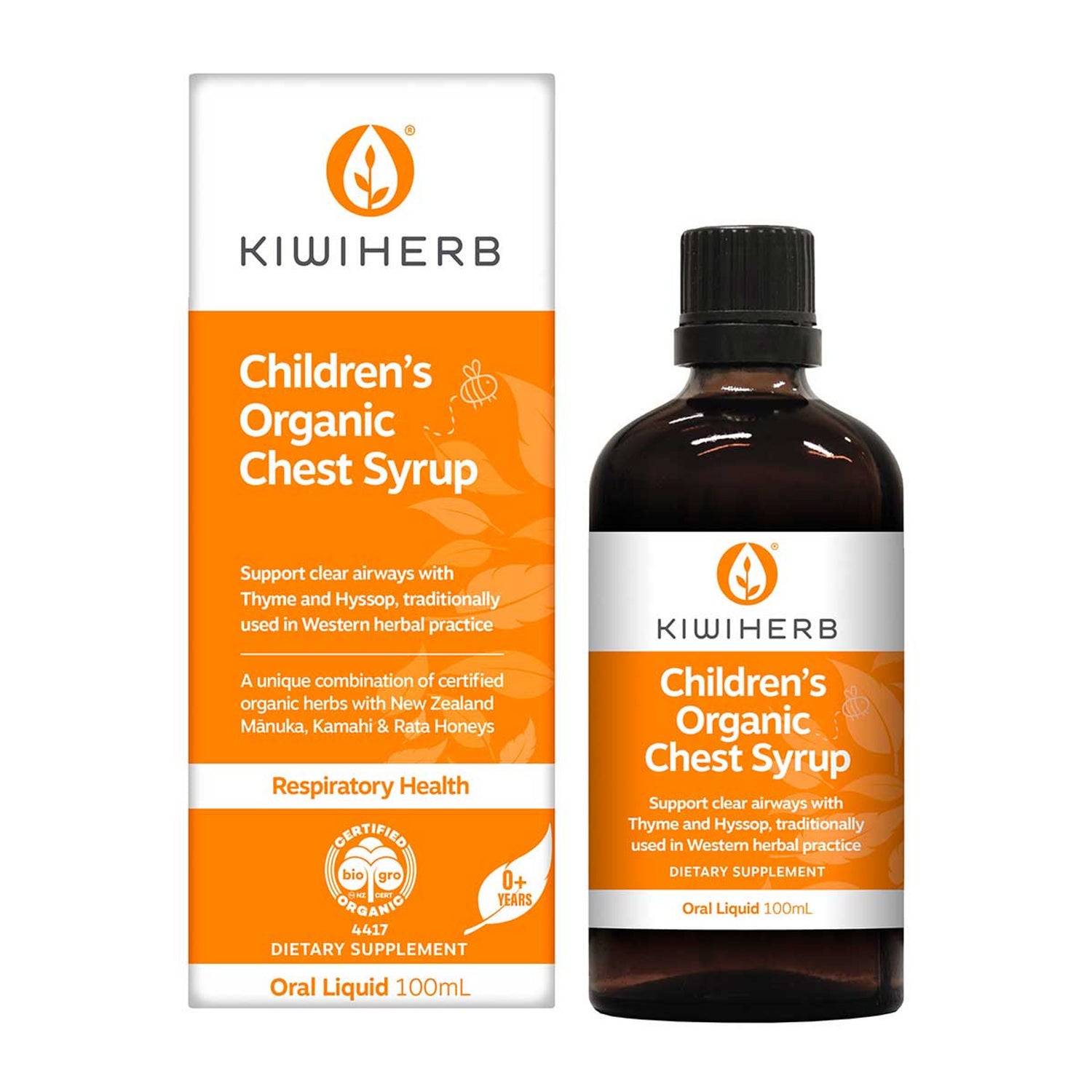Runny noses, coughs and tummy bugs are on the rise as children settle back into their kindergarten, daycare and school routines.
Children are a great example of why we need an immune system. From toddlers putting everything insight into their mouths, to older children struggling with handwashing and control of coughs and sneezes.
Their bodies are consistently exposed to potential pathogens and irritants, and it is the immune system’s role to build a catalogue of these and dispatch the right artillery to counteract them.
The immune response
Whenever there is a threat to the body, the innate immune response kicks in. This is the broad response against infection and involves barriers like the skin and generalised inflammation. Blood flow increases and the movement of neutrophils, macrophages and natural killer cells, among others, act hard and fast.
If a new, previously unencountered pathogen gets past the innate immune system, acquired immunity tags in. It involves a slower, more selective response, with B cell and T cell lymphocytes targeting specific viruses and bacteria. This branch of immunity retains memory, so if the same pathogen pops up again, the body will remember it and can produce a faster response.
While the body is usually geared to thrive in the face of pathogens, there are factors that influence the immune system’s ability to cope. This might be a lack of sleep, seasonal allergies, low intake of nutrients, or anxiety.
Although children are generally pretty robust, their immune systems are still developing and are slightly more vulnerable. They can certainly benefit from a bit of support when their exposure to bugs increases.
Help is on the way
Kiwiherb Children’s Immune Drops is specifically formulated for this very task, featuring the scientifically studied ingredient Wellmune®, and Elderberry. Wellmune® is a beta glucan, that has been extensively studied to support optimal immune function. It helps children stay well and bounce back faster when used regularly. Elderberry is a favourite among herbalists for countering colds and flu and has been traditionally used to boost immune function while packing an antioxidant punch. The combination of these two powerhouse ingredients helps to reduce the frequency of sick days.1,2
Used as a daily supplement, Kiwiherb Children’s Immune Drops can help ward off illness before it gets a chance to set in. A child’s immune system can benefit from being prepared when it recognises harmful microbes. This is exactly how Children’s Immune Drops work. If symptoms have already begun, this blend can also help to nip them in the bud. As we move into autumn, this is a perfect tool to have in your kit.
Kiwiherb Children’s Organic Echinature, suitable for use from birth, and adult’s Kiwiherb Echinature, are ideal choices to provide gentle support. Both can be taken daily to help keep the immune system in top form. Kiwiherb’s Organic ImmuneGuard is another choice, combining Echinacea, Horseradish, Elecampane and honey, to support the body’s defence system and keep the lungs clear.
A further factor in keeping your child’s immune system on top of its game is the food our children eat. Including plenty of fruits and vegetables, quality proteins and fibre-filled wholegrains gives a big helping hand in keeping children healthy.
If this sounds like an uphill battle for your little one, you are not alone. Disguising vegetables has become an art form for some parents and it is worth the effort. Pair this with sufficient sleep and plenty of physical movement, and you have the recipe for a solid immune foundation.
References:
1. Meng, F. Baker’s Yeast Beta-Glucan Decreases Episodes of Common Childhood iIllness in 1 to 4 Year Of Children during Cold Season in China. Journal of Nutrition & Food Sciences [Internet]. 2016 Jul 13;6(4): 1000519. Available from: https://doi.org/10.4172/2155-9600.1000519
2. Wieland LS, Piechotta V, Feinberg T, Ludeman E, Hutton B, Kanji S, Seely D, Garritty C. Elderberry for prevention and treatment of viral respiratory illnesses: a systematic review. BMC Complement Med Ther [Internet]. 2021 Apr 7;21(1):112. Available from: https://dio.org/10.1186/s12906-021-03283-5




